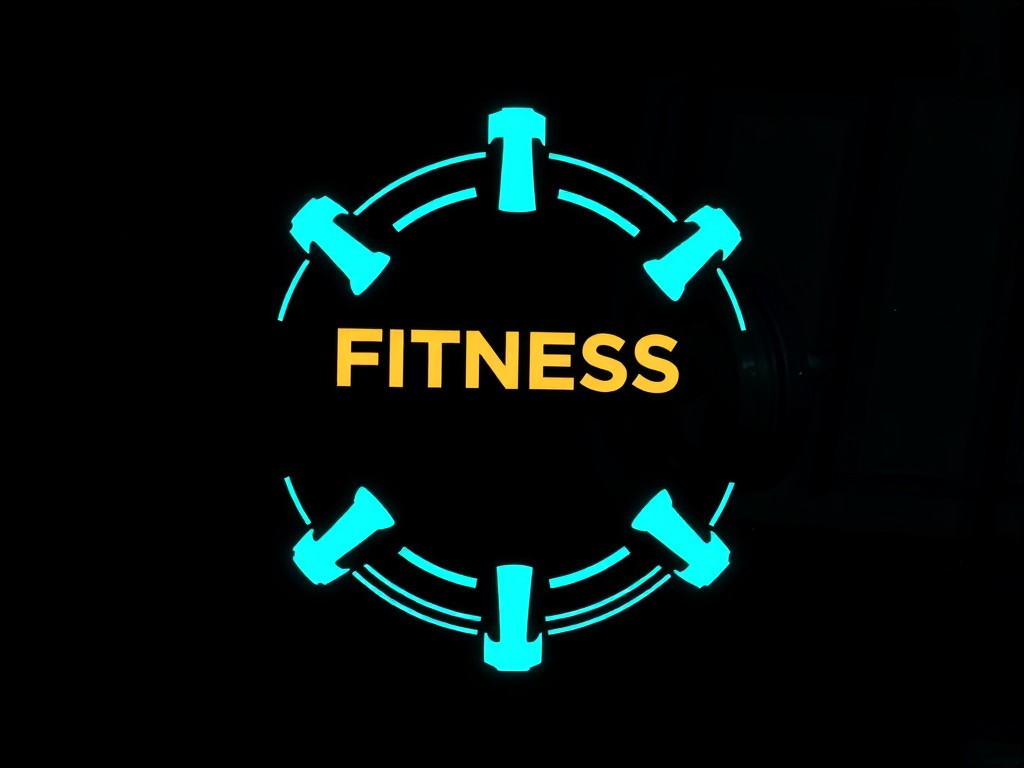In the ever-evolving world of football, the need for academies to nurture not only the physical prowess of their players but also their cognitive abilities has never been more apparent. As those of you responsible for youth development will understand, the game demands more than just physical strength and technical skills. Players should also have a high level of cognitive acuity, enabling them to make quick, smart decisions under pressure, anticipate opponents’ moves, and adapt their strategies on the fly.
But how can football academies cultivate these mental faculties in their scholars? In this article, we will explore different strategies and interventions designed to enhance cognitive skills in young footballers, drawing on studies from PubMed, Google Scholar, Crossref, and DOI.
Also to discover : What are effective ways to monitor and manage heart health in professional football players?
Incorporating Cognitive Skills Training in Regular Practice
The first avenue for cognitive development in football academies is perhaps the most straightforward: integrating cognitive training into routine practice sessions. This approach, based on the principle of ‘learning by doing’, allows players to develop cognitive skills in a real-world, pressure-packed environment—the football pitch.
A study published on PubMed in 2019 found that incorporating cognitive training in regular practice could improve the decision-making abilities of young football players. The researchers worked with a group of children aged 10-12 and introduced game scenarios designed to stimulate cognitive processing. For instance, one drill required players to quickly identify the team’s numerical advantage or disadvantage and decide on the best course of action.
Also read : What specific exercises can defenders practice to improve their one-on-one defending skills?
These types of drills can help young footballers hone their cognitive skills. Not only do they expose players to game-like situations, but they also require quick thinking and decision-making, enhancing their cognitive agility.
Adopting a Group Approach to Cognitive Skills Training
Another effective strategy for enhancing cognitive skills is to adopt a group approach. This method involves getting players to work collectively on cognitive tasks or challenges, which can foster problem-solving skills, teamwork, and communication.
For example, imagine a game where a team has to manoeuvre the ball from one end of the pitch to the other without letting it touch the ground. The players would need to think quickly and work together to achieve the objective, thus improving their cognitive abilities and team cohesion.
A study on Google Scholar conducted by a group of soccer coaches found a significant improvement in the cognitive abilities and team dynamics of players who underwent group-based cognitive training. This underlines the potential benefits of this approach in enhancing cognitive skills among young footballers.
Leveraging Technology in Cognitive Skills Training
As we live in the digital age, it’s only logical to leverage technology to improve cognitive skills training in football academies. Several tools and platforms can stimulate cognitive functions in a fun and engaging way, making the learning process more enjoyable for young players.
A study retrieved from Crossref showed that the use of video games designed to enhance cognitive skills led to improved spatial awareness and decision-making in young football players. The participants, who were part of a controlled test group, showed a remarkable improvement compared to those in the control group who didn’t use the video games.
Consequently, football academies should consider incorporating technology-based cognitive training into their curriculums. It’s an innovative and engaging way to cultivate cognitive abilities, particularly for the digital-native generation.
Enhancing Cognitive Skills Through Off-pitch Activities
While most cognitive training occurs on the pitch, off-pitch activities can also contribute significantly to cognitive development. For example, providing scholars with puzzles or quizzes related to football can keep them mentally stimulated even when they’re not training or playing a match.
A DOI-linked study found that off-pitch cognitive activities led to improved concentration, memory, and decision-making in young football players. This proves that physical training and games are not the only avenues for cognitive development in football academies; mental exercises off the pitch can also play a crucial role.
Ensuring a Balanced Approach: Physical Fitness and Cognitive Skills
Finally, while focusing on cognitive skills development, it’s essential not to lose sight of the importance of physical fitness in football. Both aspects should be treated with equal importance for an all-rounded development of young players.
Research published on PubMed highlighted a correlation between physical fitness and cognitive function in children. The fitter the children were, the better they performed in cognitive tasks. Hence, football academies should ensure their training programs offer a balanced blend of physical conditioning and cognitive skills development.
By adopting these strategies, football academies can create an environment conducive to the cognitive development of their players. This holistic approach to player development can lay a solid foundation for a successful career in football, equipping young players with the mental agility to match their physical prowess.
The Role of Motor Skills in Cognitive Development
Motor skills are fundamental in the world of football, and recent studies suggest they also play a crucial role in cognitive development. A study published on PubMed found a correlation between motor skills and cognitive abilities in young children, including those involved in sports like football.
This research further emphasizes the need for football academies to consider motor skills as part of their cognitive training programs. The study found that motor skills, such as coordination, agility, and balance, can improve cognitive abilities such as attention, memory, and decision-making.
For example, a drill could be designed where players have to dribble the ball through a series of cones while simultaneously responding to different signals from the coach. This type of exercise not only enhances motor skills but also bolsters cognitive functions. The players’ brains are simultaneously processing multiple stimuli, which in turn improves their cognitive abilities.
Moreover, the study’s abstract on Crossref revealed that children with superior motor skills also demonstrated better cognitive performance. This highlights the importance of developing both aspects for overall cognitive enhancement in young players.
Effect of Physical Activity on Cognitive Function
Physical activity is another crucial aspect that can enhance cognitive abilities. According to a study retrieved from PubMed, regular physical activity can help improve cognitive function in children.
The study involved a control group, where children who led a physically active lifestyle were compared to those who did not. The result? The children who engaged in regular physical activity demonstrated better cognitive performance.
This is backed up by another free article on PMC that suggests physical activity can stimulate the brain’s plasticity, leading to strengthened neural networks and enhanced cognitive function.
Given this, football academies should strive to ensure their players are getting a healthy amount of physical activity. This does not only mean gruelling training sessions but also encouraging a physically active lifestyle off the pitch.
Conclusion: A Holistic Approach to Cognitive Training in Football Academies
In conclusion, the enhancement of cognitive skills in young footballers is a multifaceted task that requires a comprehensive approach. Football academies need to incorporate cognitive training in regular practice, adopt a group approach, leverage technology, and engage players in off-pitch activities.
At the same time, academies should also pay attention to the development of motor skills and promoting physical activity among their players. Both of these factors have been found to significantly impact cognitive function, according to studies cited from Google Scholar, Crossref, PubMed, and DOI.
In whatever strategy or intervention they choose, football academies must ensure that cognitive training is presented in an engaging, fun, and challenging way. This can help the scholars enjoy the process, stay motivated, and improve their cognitive skills, resulting in not only better football players but also well-rounded individuals.
With these approaches, football academies are poised to raise a new generation of players who possess not only exceptional technical and physical prowess but also high cognitive acuity. This holistic player development strategy can indeed prepare young players to face the high demands of modern football, equipped with the right physical and mental tools.











